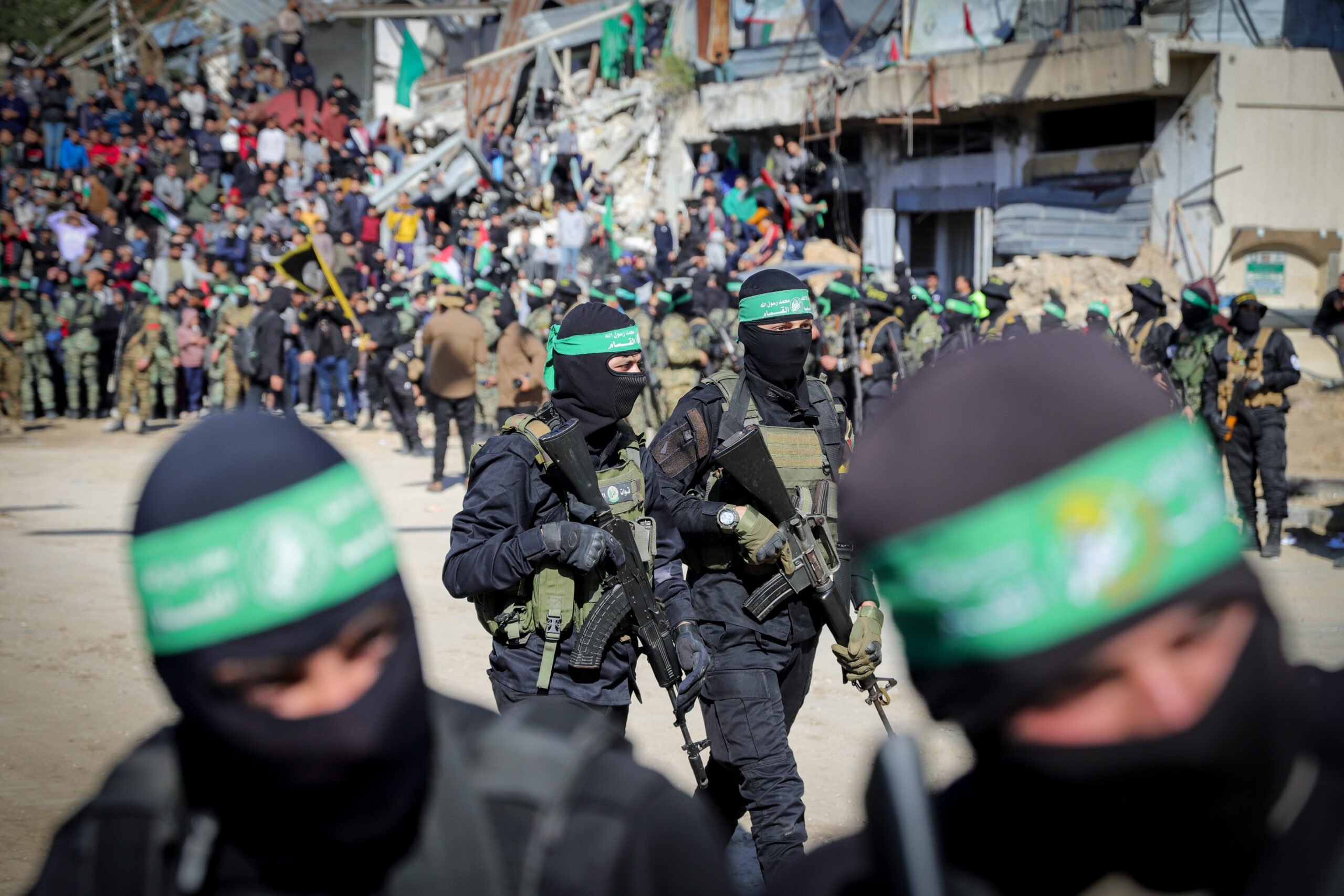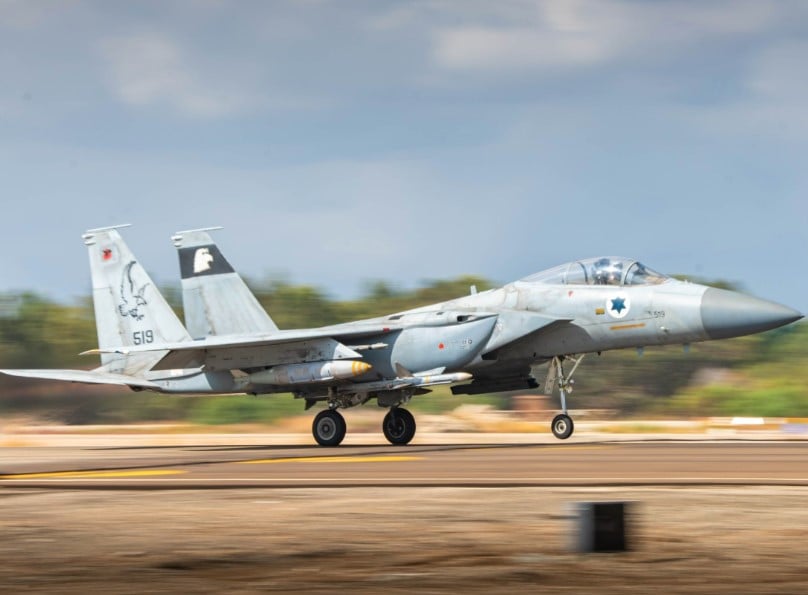ARTICLE AD BOX
Surprisingly, she found that despite the widespread trauma, a significant level of community resilience emerged, albeit with varying levels of coping based on factors such as age, gender, and personal experience.
By Pesach Benson, TPS
For doctoral student Nitzan Eilon, the Hamas attacks of October 7 hit close to home — terrorists were caught in her garden at Moshav Netiv Ha’asara.
She was saved thanks to quick action by the community’s civilian security squad. But 20 moshav residents were killed that day and for many of Eilon’s neighbors, the trauma still lingers.
Eilon, a doctoral student in the Conflict Management and Resolution program at Ben-Gurion University of the Negev, found herself compelled to research the long-term effects of the attacks on her neighbors, seeking to understand how the residents of the western Negev have been coping.
“The unique focus of the current research is how one’s personality style which begins to develop in infancy, combined with a sense of coherence, trust in the army and community resilience, help people cope and begin to recover from the events of October 7,” Eilon said.
“Alongside the findings of the sense of coherence and the high community resilience that we discovered, the fact that we are still in the midst of a war, the hostages have not yet returned and there are many more evacuees, it is imperative to continue to examine the struggle in its various stages,” she added.
As part of her doctoral research, Eilon surveyed approximately 600 residents from the western Negev communities, ages 18-91, to assess how they were managing the emotional stress.
Guided by Prof. Orna Braun-Lewensohn, Eilon explored stress reactions and the resilience of residents in the aftermath of the attack.
Surprisingly, she found that despite the widespread trauma, a significant level of community resilience emerged, albeit with varying levels of coping based on factors such as age, gender, and personal experience.
One key finding was the relatively high levels of community resilience reported across the sample.
On a scale measuring resilience, the average score was 3.54 out of 7, indicating that most residents showed an ability to adapt and endure despite the ongoing crisis.
Additionally, a sense of coherence — defined as the belief that life has meaning and can be understood — was reported to be similarly strong, with an average score of 4.44 out of 7.
However, trust in the Israeli army was lower, with an average score of just 2.33 out of 5, suggesting a sense of uncertainty among the population regarding their security.
According to the survey, 83% of respondents were at home on October 7, and nearly half (45%) experienced the infiltration of terrorists firsthand.
Furthermore, 52% had close friends or family members who were killed, kidnapped, or wounded during the attack.
Despite this, the resilience of the community as a whole was notable, with respondents often citing the importance of social support networks, the sense of unity, and shared identity as key factors in their ability to cope.
Eilon’s research also examined differences between the founding members of the communities — many of whom were the first generation to settle in these areas — and their younger counterparts.
While resilience levels were high across all groups, founders of the settlements exhibited a distinctively higher level of resilience compared to younger residents.
The study also revealed significant differences in stress responses between different age groups. Younger residents, particularly those between the ages of 18-30, experienced the highest levels of anxiety and distress.
In contrast, older adults, particularly those aged 61 and above, reported lower levels of psychological distress, suggesting that younger individuals may have fewer coping mechanisms in place.
Gender differences were also apparent in the study’s findings. Women reported higher levels of psychological distress and lower quality of life compared to men.
Women’s distress scores averaged 2.38, compared to 1.99 for men. Additionally, women were more likely to rely on emotional coping strategies, such as seeking help from others and receiving emotional support.
These strategies, while important, also suggested that women were more emotionally affected by the attacks.
Eilon and Braun-Lewensohn emphasize that the struggle is far from over. With many challenges still ahead, including the ongoing war and the return of hostages, it is critical to continue monitoring the psychological impact of the conflict and provide support to all affected groups.
“We must ensure that all population groups manage to cope, recover, and grow anew,” said Braun-Lewensohn.
At least 1,200 people were killed, and 252 Israelis and foreigners were taken hostage in Hamas’s attacks on Israeli communities near the Gaza border on October 7. Of the 97 remaining hostages, more than 30 have been declared dead.
Hamas has also been holding captive two Israeli civilians since 2014 and 2015, and the bodies of two soldiers killed in 2014.

 3 months ago
145
3 months ago
145








 English (US) ·
English (US) ·